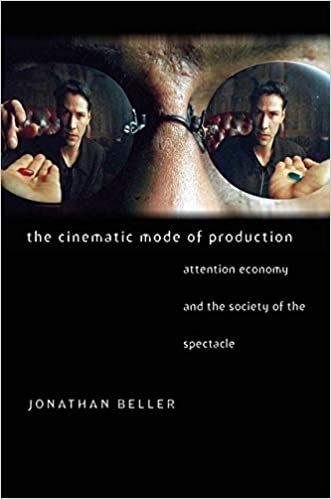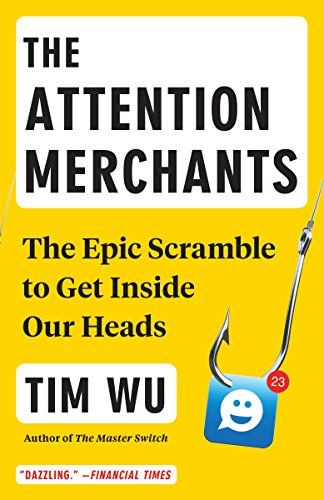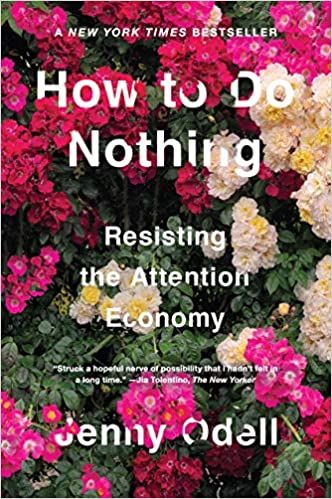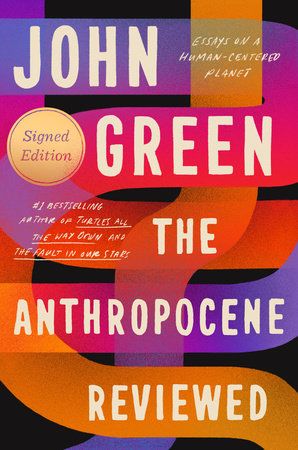You can see the attention economy in practice on websites, podcasts, and streaming services. Websites use slideshows, pictures, and various visual stimulants to keep you on their pages for longer. This means they can quote higher impression rates to advertisers. Podcast advertisements dig deeper into the attention economy: They capitalize on the parasocial relationship that listeners feel with the host. If you like paying attention to Malcolm Gladwell’s writing and podcasts, you’re more likely to take his word about Blue Apron. Streaming services like Netflix make determinations about how to renew shows based on the viewership in relation to the cost to produce another season of the series. It also seems that Netflix makes the decision to cancel certain shows based on show finish rate. If people aren’t watching all the way through, there is no point to keep the show going because it’s not keeping people on the website for long periods of time. Although we have more information available to us than ever before, we as humans tragically have the same amount of attention that we’ve always had. The major negative effect of the attention economy is that many people feel they are running behind, constantly exhausted by the news, or stuck in an endless cycle of doomscrolling. The way many websites and news outlets suggest dealing with the demands of the attention economy is by finding a service to help you redirect your attention to meditation. However, apps like HeadSpace or Calm make their money through your continued attention. When you’re learning about the attention economy, the best books that propose a way out tend to suggest paying attention to the things in your life that are already there.
Defining the Problem of the Attention Economy
Proposing A Way Forward
Attention Redux
Instead of seeing ourselves as commodities, many of these books ask us to reinstantiate deliberate meaning in how we pay attention. Our brains and their ability to process information is actually precious. We only have so much time in which to engage with the world around us, so we might as well try to focus on the mundane things that carry us through every day. Some resistance tactics to the attention economy that we’ve discussed before are reading less and being less productive. In general, consuming less can help you refocus and have deeper relationships to what you already have around you.






















